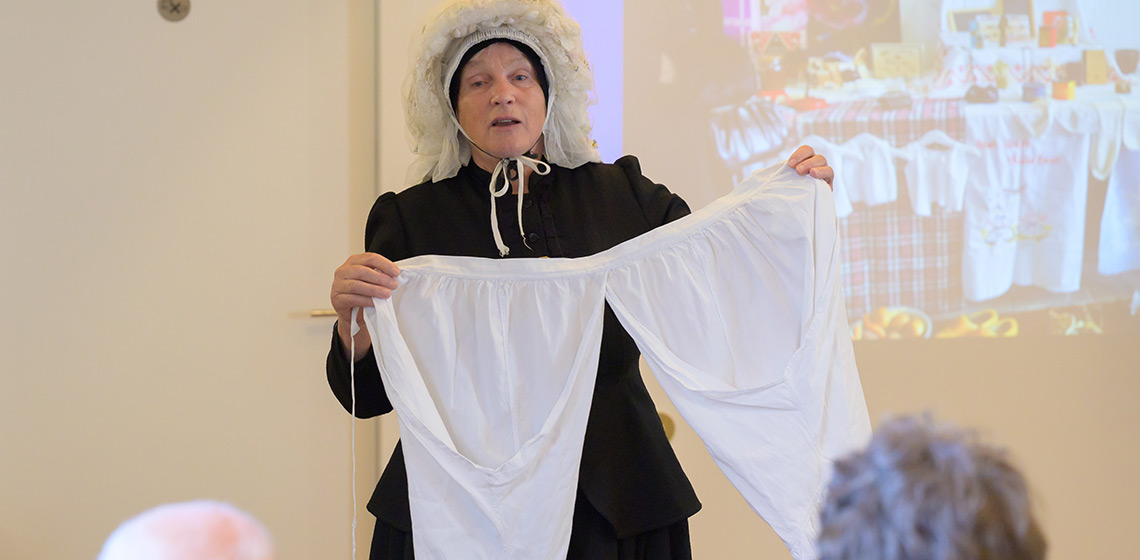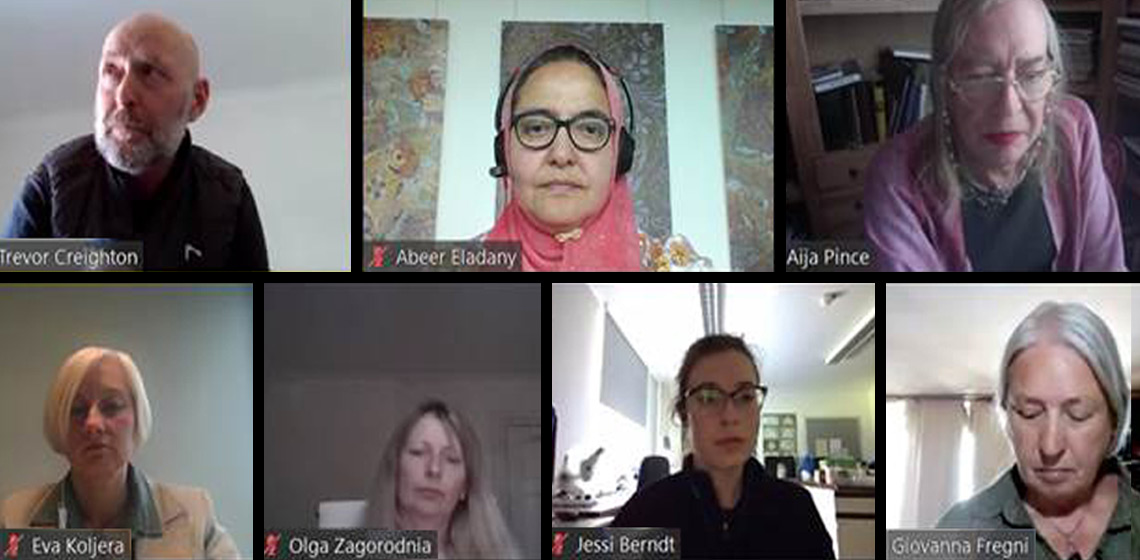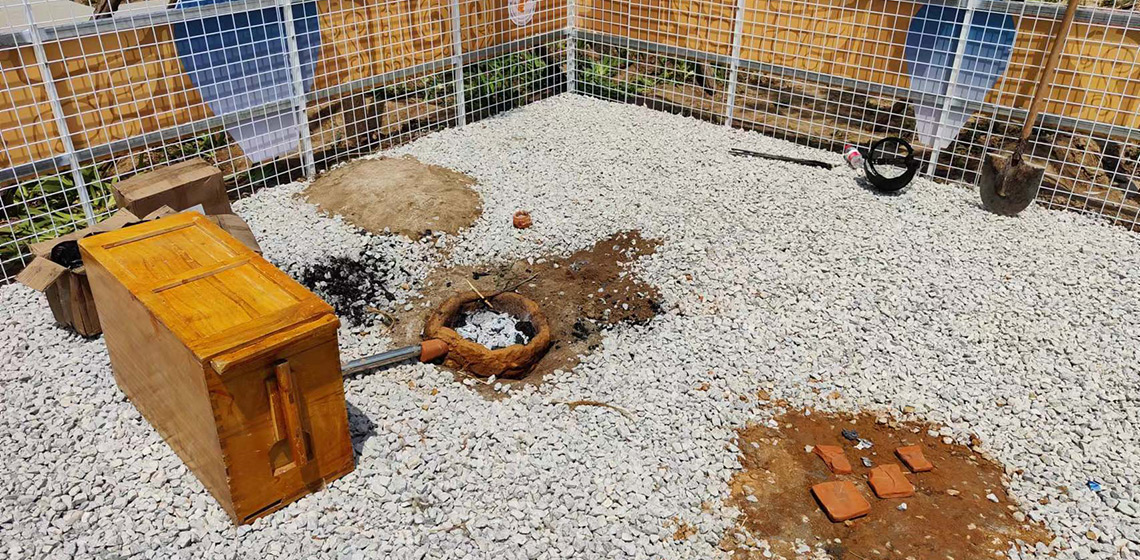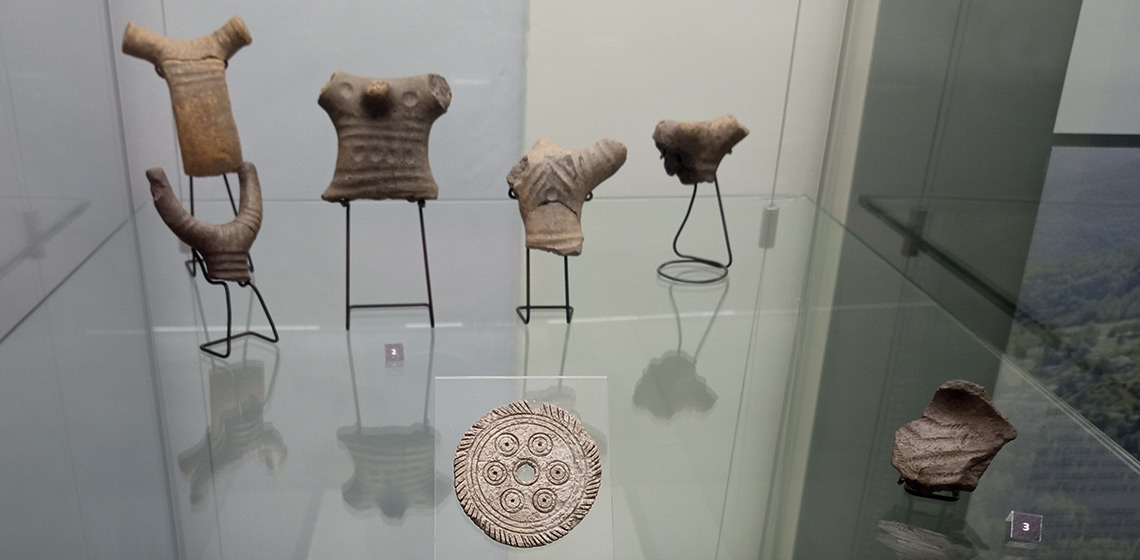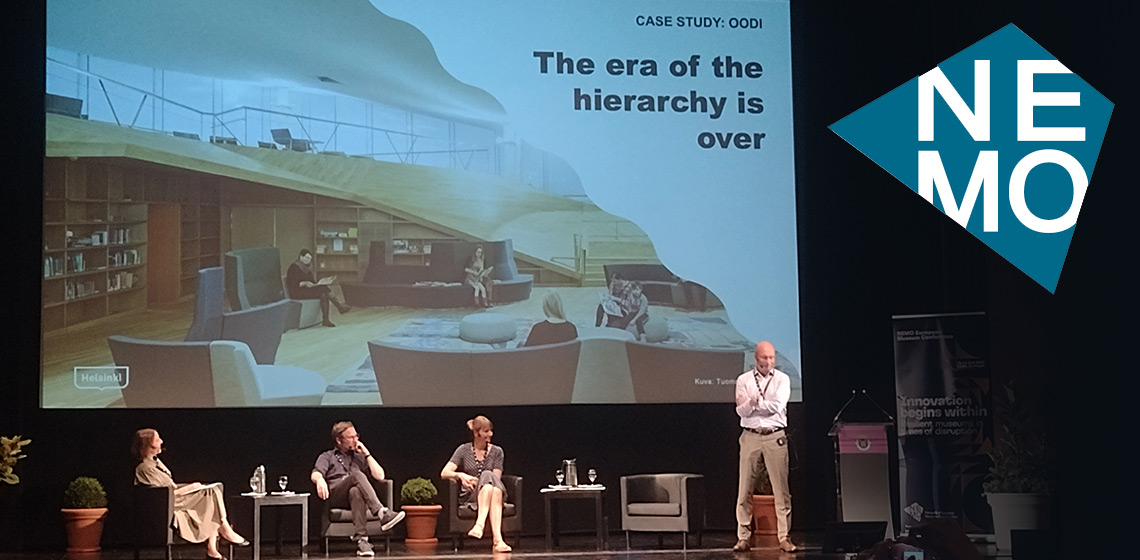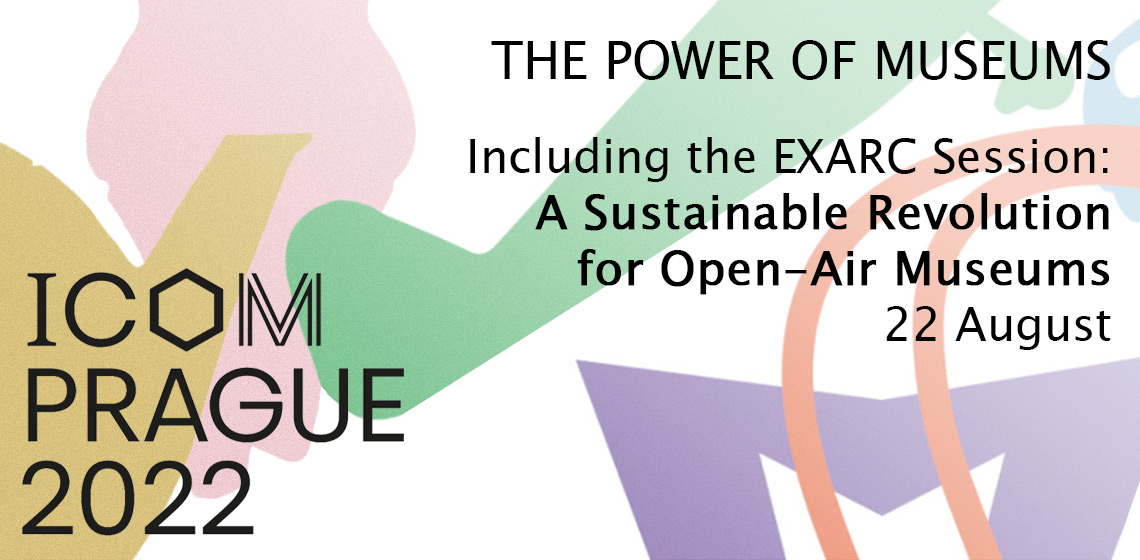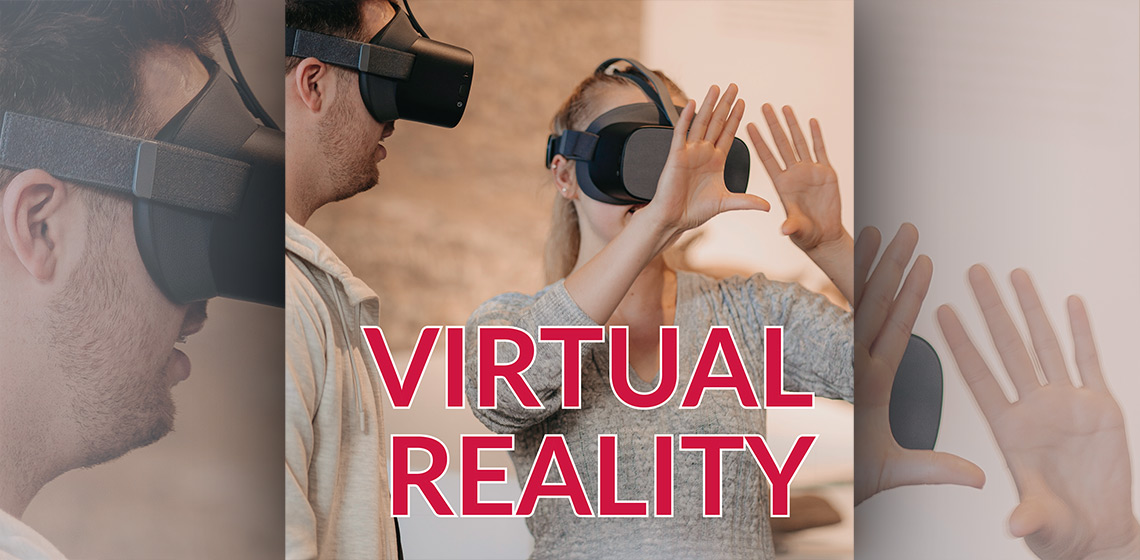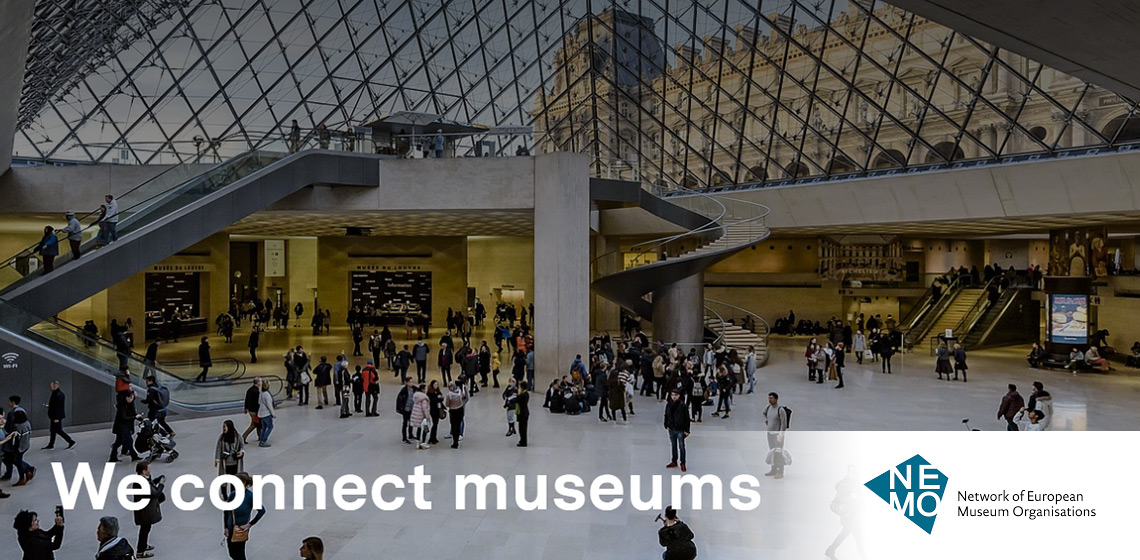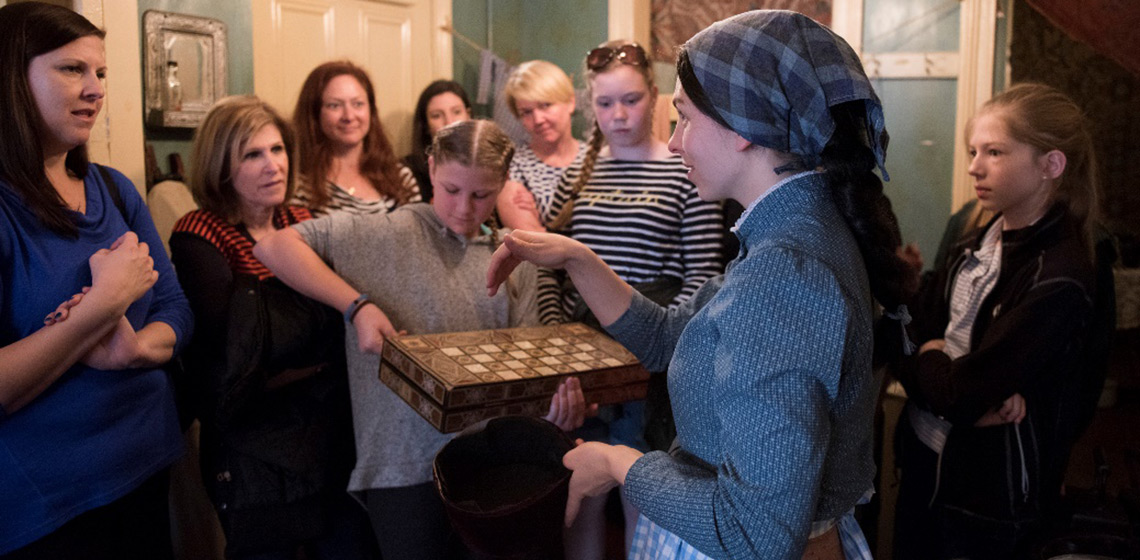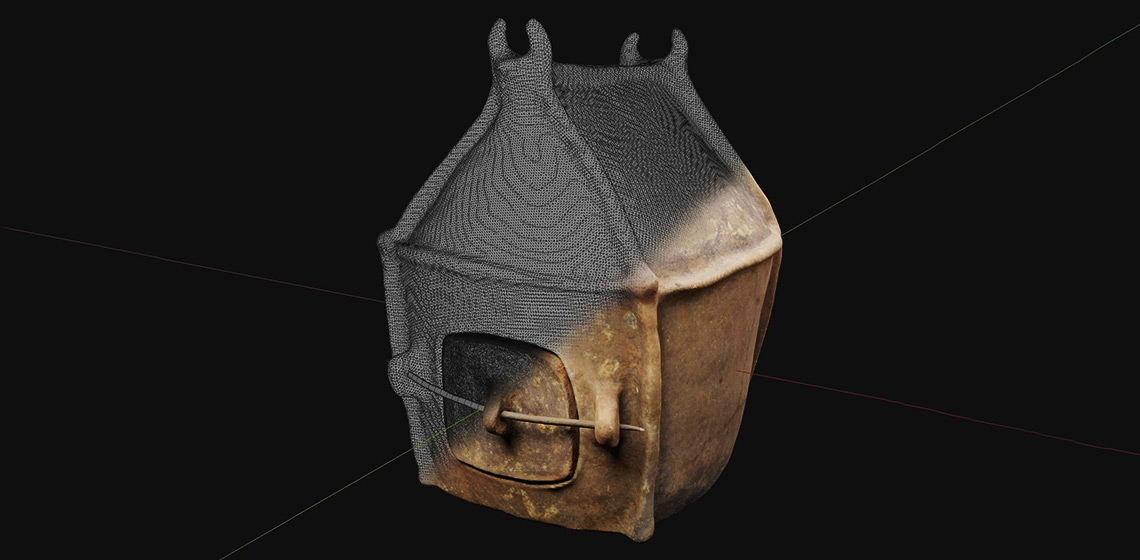museum
Where Two Worlds Meet - Living History and Heritage Locations
Publication Date
The Netherlands have an abundance of heritage locations: museums, monuments, windmills. A favorite pastime of many senior citizens is to take responsibility for this heritage as volunteer guides, amateur historians, and so on. Their traditional contribution to the Dutch heritage sector is tremendous. But at the same time there is a ...
Celebrating International Museum Day 2023... Internationally
Publication Date
In order to celebrate International Museum Day 2023, I strived to make a change in a personal format to mark the occasion as being as international as possible. Back in the day, when I was working at Dar al-Athar al-Islamiyyah, we marked the day as near as possible. Given that May was going to be too hot for comfort, we usually celebrated a month earlier...
Experimental Archaeological Factors of Primary Education in China
Publication Date
Asarchaeology in China has developed, experimental archaeology, as a research method of archaeology, has attracted more and more attention from Chinese archaeologists. The strength of a discipline's development is reflected not only in academic contributions but also in how it enhances the lives of the public...
The Rearrangement of the Archaeological Museum of Arcevia: Aiming to Improve Accessibility
Publication Date
The Marche region in central Italy hosts quite a number of archaeological museums, containing a wide range of specimens and collections that cover a time span from the Palaeolithic onwards. From Stone Age votive statues to Iron Age weaponry, from Greek and Celtic luxurious jewellery and pottery to unmatched Roman finds; local museums preserve a huge variety of specimens that are of great ...
Conference Review: Innovation begins within. Resilient museums in times of disruption, NEMO 2022
Publication Date
The Network of European Museum Organisations (NEMO) celebrated their yearly conference in October 2022 in Loulé, Portugal. More than 200 people attended. EXARC is a member of NEMO and we decided to take a look. The format of the conference was not tedious at all, and everything was well organised. This made it easy to take in the information from the presenters...
Conference Review: The ICOM Museum Convention in Prague, August 2022
Publication Date
The International Council of Museums, ICOM, has a habit of meeting every three years in a large General Conference. The last time was in Kyoto, Japan, in 2019. EXARC was present there, and we witnessed a heavy debate on the museum definition, but also spoke with many museum professionals from Japan and abroad. We worked in close cooperation with ICOM Netherlands that time...
Virtual Reality – 1 Project - 13 Museums
Publication Date
Visitors in 13 museums in the rural area around the city of Lüneburg (Lower Saxonia, Germany) can now discover different aspects of the interrelationship between man and nature within a virtual world. Six themes or titles guide through to whole story, like nature means threat, or nature means work or beauty, etc. symbolised by a silhouette.
Event Review: NEMO Training Course 'Re-thinking Museum Practice for 21st Century Visitors' by Lisa Baxter from The Experience Business
Publication Date
Being an academic who loves her job, I tend to forget why I do what I do. When I find myself going down a rabbit hole of fun medieval research and get the urge to create new interpretative materials, guided tours or events (or even get lost in administrative work), I forget to focus on the guest – what they want and what they need. My main focus is getting as much history and love for history into the guests’ minds...
Facilitated Dialogue: An Emerging Field of Museum Practice
Publication Date
The notion of dialogue is considered essential in contemporary museology. Since the 1970’s, when Cameron (1971) put forward the idea of museums as forums rather than temples, dialogue is linked to the process of democratization of museum functions and narratives and the inclusion of local communities (Sandell, 2002)...
Blending the Material and the Digital: A Project at the Intersection of Museum Interpretation, Academic Research, and Experimental Archaeology
Publication Date
The power of digital technologies to communicate archaeological information in a museum context has recently been critically evaluated (Paardekooper, 2019). A recent collaboration between members of the Tracing the Potter’s Wheel project, the 4D Research Lab, and the Allard Pierson Museum and Knowledge Institute illustrates the way that such...

